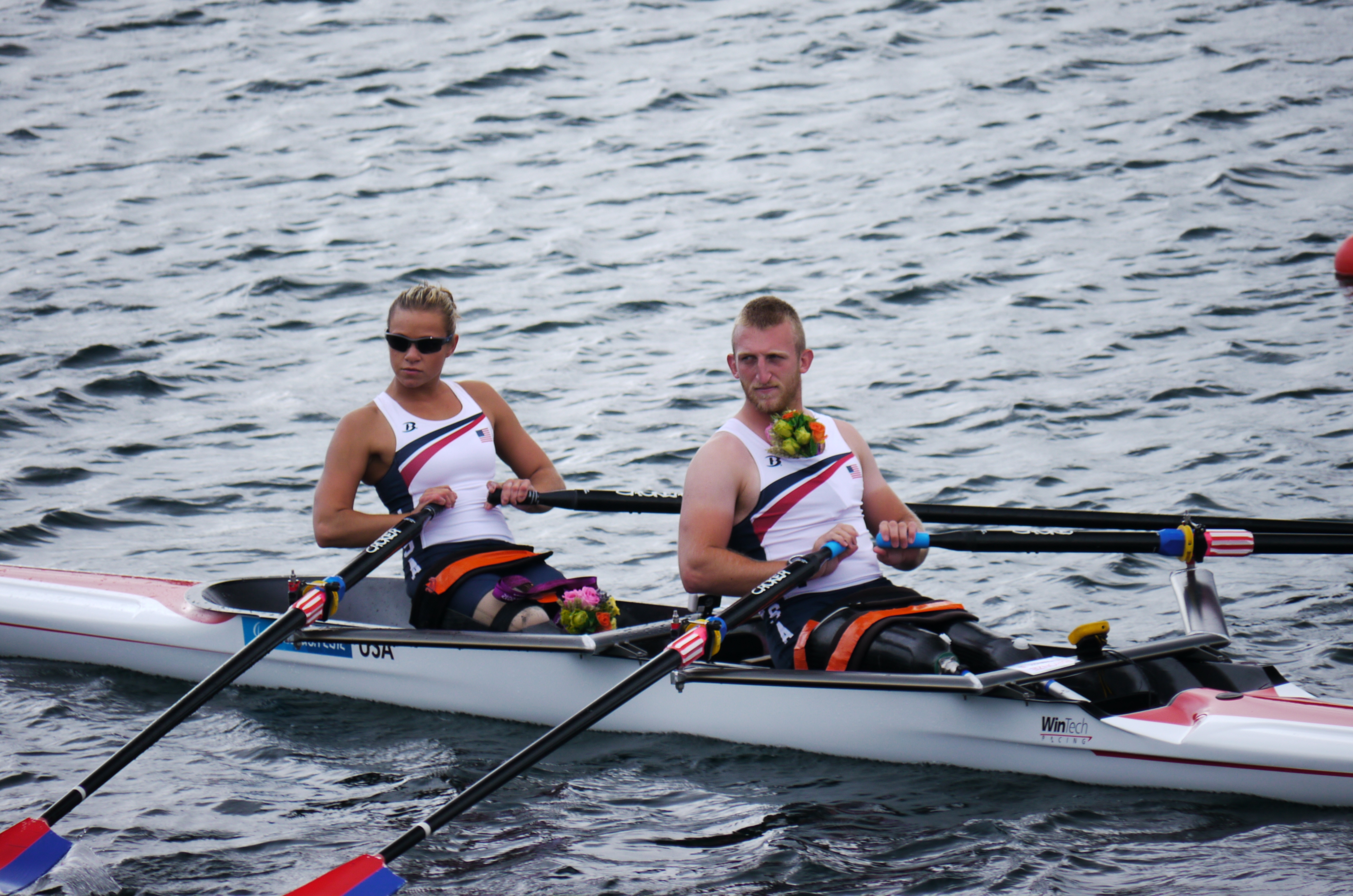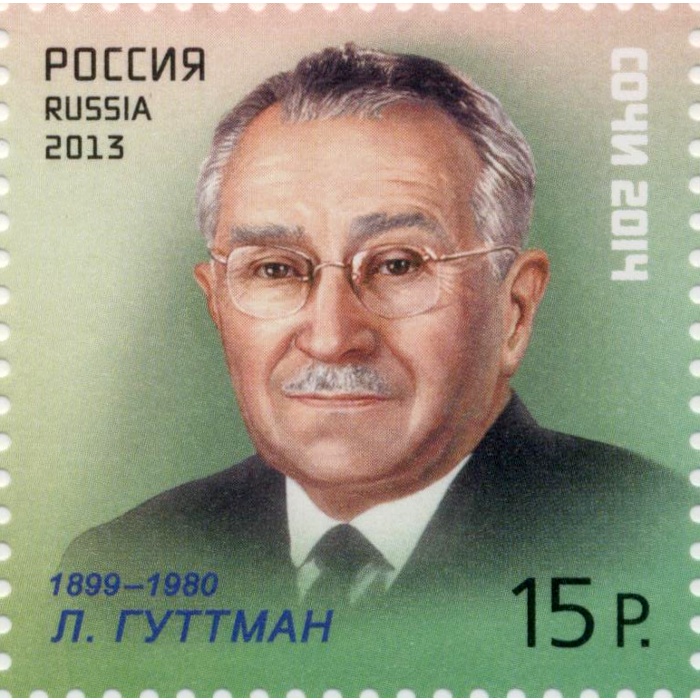|
Anke Molkenthin
Anke Molkenthin (born 26 May 1962) is a German adaptive rower and paracanoeist who competes in international level events. She has competed as a rower in the mixed coxed four in the 2012 Summer Paralympics where she won a silver medal and competed in the 2016 Summer Paralympics The 2016 Summer Paralympics (), the 15th Summer Paralympic Games, were a major international multi-sport event for disabled sports, athletes with disabilities governed by the International Paralympic Committee, held in Rio de Janeiro, Brazil, fro ... as a rower and a paracanoeist but did not medal in both sports. References External links * * * * {{DEFAULTSORT:Molkenthin, Anke 1962 births Living people Rowers from Berlin Paralympic rowers of Germany Paracanoeists of Germany Rowers at the 2012 Summer Paralympics Rowers at the 2016 Summer Paralympics Paracanoeists at the 2016 Summer Paralympics Medalists at the 2012 Summer Paralympics 21st-century German people ... [...More Info...] [...Related Items...] OR: [Wikipedia] [Google] [Baidu] |
Adaptive Rowing
Pararowing (or adaptive rowing) is a category of rowing race for those with physical, visual or intellectual disabilities. History In 1913, rowing for individuals with disabilities was initiated by headmaster George Clifford Brown at Worcester College for the Blind in Great Britain. Brown encouraged blind students to participate in particular sports in which they would be able to compete at an equal level to sighted players and do so without modifications. Other organizations dedicated to rehabilitating the blind, such as St. Dunstan's Hostel, started rowing clubs shortly afterwards in 1915. Competitive rowing with blind rowers first began in 1914 between Worcester College and the Old Boys in one race and Worcester College and Worcester Boy Scouts in another race the same year. In October 1945, veterans from the Marines_blinded_during_World_War_II.html" "title="United_States_Marine_Corps.html" "title="United_States_Navy.html" "title="United States Army, United States Navy"> ... [...More Info...] [...Related Items...] OR: [Wikipedia] [Google] [Baidu] |
Paracanoe
Paracanoe is canoeing for athletes with a range of physical disabilities. The Paralympic version of the sport is governed by the International Canoe Federation (ICF), and a va'a-specific variant is governed by the International Va'a Federation (IVF). A meeting of the International Paralympic Committee in Guangzhou, China in 2010 decided to add paracanoe to the Paralympic programme. As a result, paracanoe debuted at the Rio 2016 Summer Paralympics where single kayak races were contested. Equipment The two main types of paracanoe boat are kayaks (K), with a double-blade paddle, and outrigger canoes called va'as (V) where the paddler has a second hull as a support float and uses a single blade paddle with a T-top handle. ICF paracanoe Classification In the single kayak, there are three event classifications (linked to different levels of mobility impairment) for both men and women: *KL1 (formerly A; Arms) This grouping is for paddlers who have no trunk function (i.e. shoulder func ... [...More Info...] [...Related Items...] OR: [Wikipedia] [Google] [Baidu] |
Rowers At The 2016 Summer Paralympics
Rowing is the act of propelling a human-powered watercraft using the sweeping motions of oars to displace water and generate reactional propulsion. Rowing is functionally similar to paddling, but rowing requires oars to be mechanically attached to the boat, and the rower drives the oar like a lever, exerting force in the ''same'' direction as the boat's travel; while paddles are completely hand-held and have no attachment to the boat, and are driven like a cantilever, exerting force ''opposite'' to the intended direction of the boat. In some strict terminologies, using oars for propulsion may be termed either "pulling" or "rowing", with different definitions for each. Where these strict terminologies are used, the definitions are reversed depending on the context. On saltwater a "pulling boat" has each person working one oar on one side, alternating port and starboard along the length of the boat; whilst "rowing" means each person operates two oars, one on each side of the b ... [...More Info...] [...Related Items...] OR: [Wikipedia] [Google] [Baidu] |
Rowers At The 2012 Summer Paralympics
Rowing is the act of propelling a human-powered watercraft using the sweeping motions of oars to displace water and generate reactional propulsion. Rowing is functionally similar to paddling, but rowing requires oars to be mechanically attached to the boat, and the rower drives the oar like a lever, exerting force in the ''same'' direction as the boat's travel; while paddles are completely hand-held and have no attachment to the boat, and are driven like a cantilever, exerting force ''opposite'' to the intended direction of the boat. In some strict terminologies, using oars for propulsion may be termed either "pulling" or "rowing", with different definitions for each. Where these strict terminologies are used, the definitions are reversed depending on the context. On saltwater a "pulling boat" has each person working one oar on one side, alternating port and starboard along the length of the boat; whilst "rowing" means each person operates two oars, one on each side of the ... [...More Info...] [...Related Items...] OR: [Wikipedia] [Google] [Baidu] |
Paralympic Rowers Of Germany
The Paralympic Games or Paralympics, also known as the ''Games of the Paralympiad'', is a periodic series of international multisport events involving athletes with a range of physical disabilities, including impaired muscle power and impaired passive range of movement, limb deficiency, leg length difference, short stature, hypertonia, ataxia, athetosis, vision impairment and intellectual impairment. There are Winter and Summer Paralympic Games, which since the 1988 Summer Olympics in Seoul, South Korea, are held almost immediately following the respective Olympic Games. All Paralympic Games are governed by the International Paralympic Committee (IPC). The Paralympics has grown from a small gathering of British World War II veterans in 1948 to become one of the largest international sporting events by the early 21st century. The Paralympics has grown from 400 athletes with a disability from 23 countries in Rome 1960, where they were proposed by doctor Antonio Maglio, to 4,520 ... [...More Info...] [...Related Items...] OR: [Wikipedia] [Google] [Baidu] |

.jpg)
